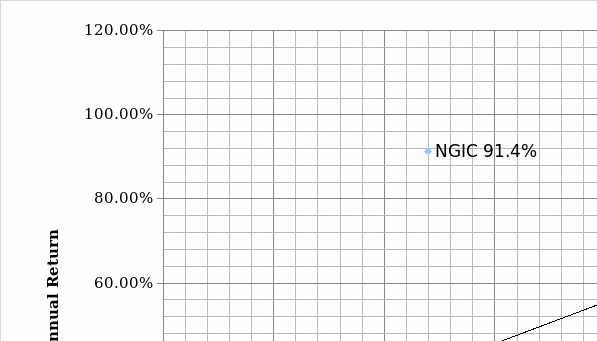Abstract
An investment policy statement has been devised for an investor who has a high-risk tolerance. A brief analysis of Saudi Arabia’s debt market has been conducted which shows that the market is in the early stages of development. Based on the investment policy statement and the market analysis, five growth-oriented stocks have been selected from Tadawul Index which is the only stock exchange in Saudi Arabia. Daily return data has been collected for the stocks as well as the Tadawul Index for the last six months. Based on the collected data, expected returns and CAPM returns of the selected stocks have been calculated. Security Market Line has also been drawn based on the expected returns of the stocks. The study shows that CAPM and Security Market Line can help to identify undervalued stocks. Based on the analysis, recommendations have been given for the concerned investor. Long-term investment has been recommended for value stocks and short-term restricted investment has been recommended for growth stocks.
Policy Statement
The investor is an unmarried 26-year-old college graduate who has recently started a career in banking. The investor has no serious health conditions and no significant need to support his parents who have their own retirement income. The time horizon of the investor has two milestones. The first milestone will be 15 years later when the investor will face significant requirements of funds to finance the college education of children. The second milestone will be around 33 years later when the investor will retire and require income to live comfortably. Based on the age, willingness and risk profile of the investor, it has been determined that the investor has high-risk tolerance. The current goal of the investor should be capital appreciation. It is recommended to invest 85% of total capital into equities, 10% into debt securities, and 5% into cash for any sudden capital needs.
Saudi Debt Capital Market
The Saudi debt market has three types of fixed income securities. The first type is an asset-based corporate Sukuk which is equivalent to a bond in Islamic Finance. In an asset-based Sukuk, returns from the Sukuk are dependent on returns from a particular asset but the investors do not have direct recourse to the asset in case of a default. Sukuks tend to have variable rates of return since the returns are linked to the performance of the underlying asset. The second type is a usual corporate bond that offers fixed returns in addition to the interbank rate SIBOR. The third type is a sovereign bond which is issued by the government. The first sovereign Islamic bond was issued by the Saudi government in 2012 (Hamdan, 2012). The Saudi debt market is still very isolated since foreign investors are not allowed to invest in local issues. Moreover, most Sukuk and bond issues are short term hence there is no active yield curve beyond five years. However, the market has improved in recent years and it is expected to grow. A recent example is the Saudi Electricity company which has issued a large tranche of dollar-dominated Sukuk in the international market in 2013 (Platt, 2013).
Overvalued or Undervalued
A comparison of expected return with CAPM return reveals whether a stock is overvalued or undervalued. If the expected return of a stock is higher than its CAPM-based return, the stock is said to be undervalued. If the CAPM-based return is higher, the stock is considered overvalued. Based on this rule, the stocks of Al Jouf Cement Company and Etihad Etisalat Company are overvalued and the stocks of NGIC and Yanbu Cement are undervalued. The stock of Saudi Electricity is almost in equilibrium.
Security Market Line

Recommendations: The investor should invest in Al Jouf Cement Company, Etihad Etisalat, and Saudi Electricity since these stocks are clearly undervalued. Moreover, these companies have strong growth potential and are expected to give high returns in long term. Since the investor’s time horizon is 15 years for the first major capital requirement, it is recommended to invest in these three stocks for the long term. On the other hand, NGIC and Yanbu Cement are overvalued, indicating that they should be sold. However, these two stocks have high PE ratios. The investor has high-risk tolerance hence he can invest in these stocks for short-term gains while regularly monitoring market updates and financial results. Any negative signal should lead to the liquidation of an investment in these companies.
References
Hamdan, S. (2012). Saudi Arabia Issues Its First Sovereign Islamic Bond.Web.
Platt, G. (2013). Debt: Saudi Sukuk Market Heats Up. Web.